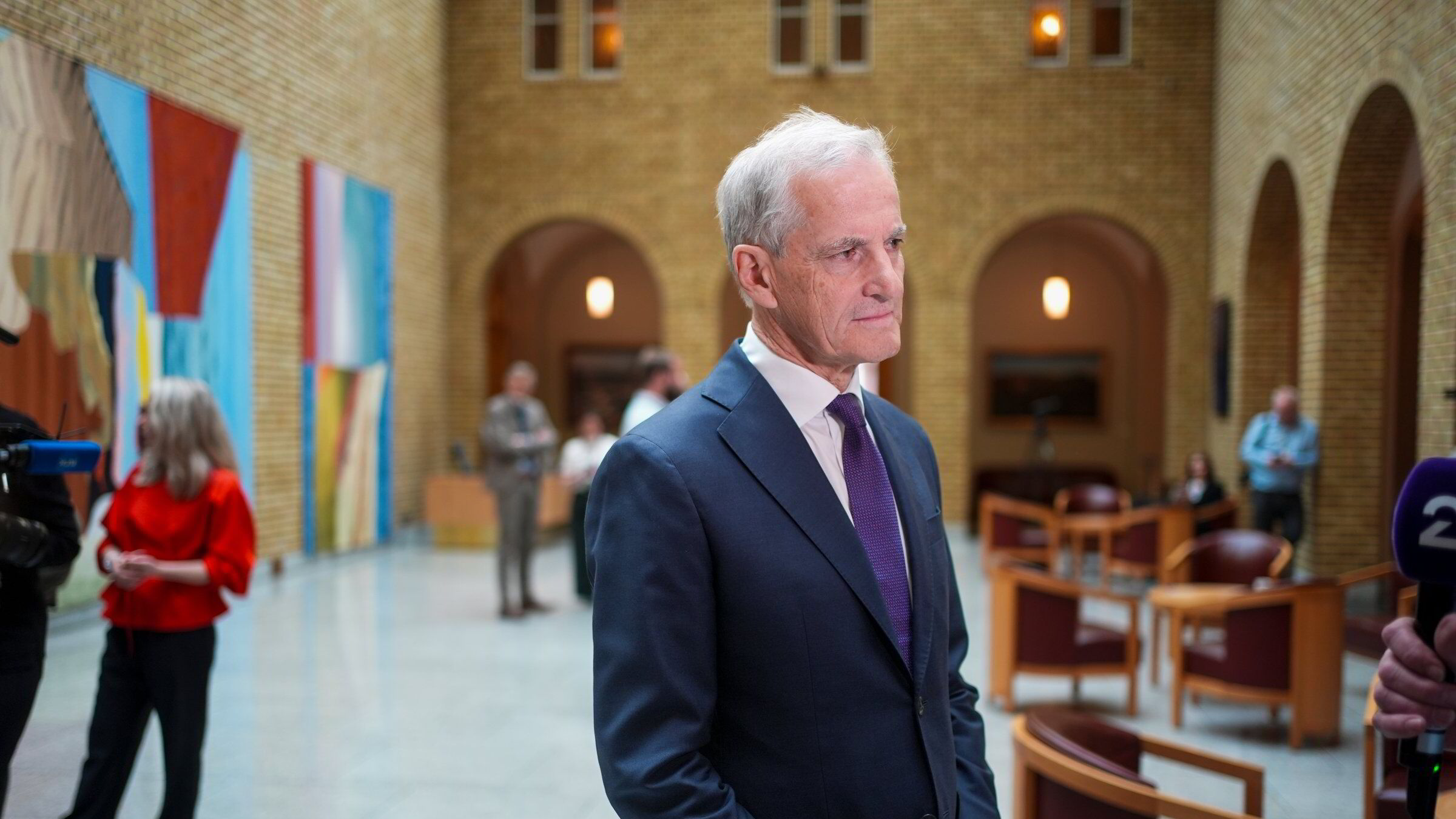The UK government has dropped its demands to create a backdoor into Apple's encryption, according to the US intelligence chief Tulsi Gabbard.
In a post on X in the early hours of Tuesday, Ms Gabbard said the UK had withdrawn its demand to access global Apple users' data if required.
She wrote: "The UK has agreed to drop its mandate for Apple to provide a 'back door' that would have enabled access to the protected encrypted data of American citizens and encroached on our civil liberties."
The US spy chief said it was the result of months of working closely with partners in the UK, US President Donald Trump and vice president JD Vance.
In February, there were reports the government had ordered Apple to create a way for UK security services to access its encrypted user data.
Such orders, called Technical Capability Notices (TCN), are not public and legally, neither of the parties can publicly confirm their existence.
Apple soon withdrew its "advanced data protection" feature for UK users, which offered end-to-end encryption for cloud data storage, meaning only the account holder could see any stored data.
Please use Chrome browser for a more accessible video player
Apple has not responded to a Sky News request for comment on Ms Gabbard's post.
A UK government spokesperson told Sky News it does not comment on operational matters.
They did say, however, that it had long had "joint security and intelligence arrangements with the US to tackle the most serious threats such as terrorism and child sexual abuse, including the role played by fast-moving technology in enabling those threats".
"Those arrangements have long contained safeguards to protect privacy and sovereignty: for example, the Data Access Agreement includes critical safeguards to prevent the UK and US from targeting the data of each other's citizens," they said.
"We will continue to build on those arrangements and we will also continue to maintain a strong security framework to ensure that we can continue to pursue terrorists and serious criminals operating in the UK. We will always take all actions necessary at the domestic level to keep UK citizens safe," they added.
Please use Chrome browser for a more accessible video player
When Apple withdrew its advanced data protection in February, a spokesperson said it had "withdrawn the feature given the continuing rise of data breaches and other threats to customer privacy".
The US government soon stepped in, with Ms Gabbard saying she had "grave concerns" about the UK or any other country "requiring Apple or any company to create a 'backdoor' that would allow access to Americans' personal encrypted data".
She added: "This would be a clear and egregious violation of Americans' privacy and civil liberties, and open up a serious vulnerability for cyber exploitation by adversarial actors."
She asked the CIA, NSA and multiple other US intelligence agencies to examine the reported TCN.
Read more from technology:
Backlash against new online safety rules
Musk's X wants 'significant' changes to OSA
On Tuesday, civil rights groups cautiously welcomed Ms Gabbard's post.
"If true, this decision is hugely welcome," said Sam Grant, director of external relations at human rights organisation Liberty, who are challenging the government's use of the TCN in court.
"Creating any back door into our private data would be a reckless and potentially unlawful move from the government.
"As long as this power exists within the Investigatory Powers Act, it remains a risk that any future government might also try to use it to create a back door into other end-to-end encrypted services we all use.
"The safest thing for the UK Government to do is repeal this law, and commit to safeguarding our privacy by protecting end-to-end encryption."
Open Rights Group executive director Jim Killock said: "While the UK may have dropped its demands for Apple to backdoor all of its users across the globe, UK users may still be banned from benefiting from ADP encryption.
"And if Apple does restore ADP to UK users, there will be serious questions of trust.
"The UK's powers to attack encryption are still on the law books, and pose a serious risk to user security and protection against criminal abuse of our data."

 1 month ago
33
1 month ago
33






















 English (US) ·
English (US) ·